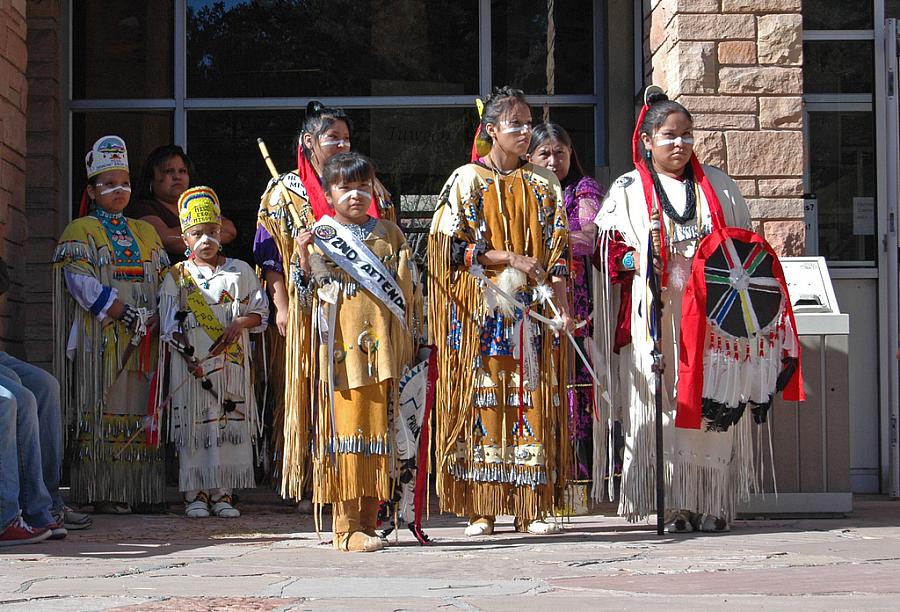Native American doctors focus on health disparities at Portland conference

The value of tapping traditional healing practices to reduce striking health disparities afflicting Native Americans is emerging as a central theme here at the 40th annual conference of the Association of American Indian Physicians in Portland.
"We've gotten away from the art of medicine," said Dr. Donald Warne, member of the Oglala Lakota tribe and director of the Office of Native American Health in Sioux Falls, SD. "We are focused on the science of medicine."
More than 200 Native American doctors are attending the conference, which extends through Sunday. The doctors are discussing chronic diseases, sudden infant death syndrome, heart attacks, diabetes and other health problems that hit Native Americans harder than the general population.
Dr. R. Dale Walker, a Cherokee and psychiatrist at Oregon Health & Science University in Portland and president of the association, told me that Native Americans have the worst health problems in the nation, worse even than some Third World countries.
The life expectancy for Native Americans is 63 compared to 74 for the general population, Warne said. In South Dakota, the median age of death is 81 for the general population; 58 for Native Americans.
Death rates among Native Americans from diabetes is three times as high as the general population, and six times as high from alcohol, more than two times as high from accidents and 60 percent higher from suicide, he said.
Health providers could help reduce those disparities by adopting some traditional healing practices of Native Americans that also address their emotional, mental and spiritual health in a more balanced approach, Warne said. Balance is key to traditional Native American health practices, he said.
"We lost a lot of land, sacred sites, culture, traditional leaders, even language, and a different value system was imposed on us," he said. "Can that create imbalance? Well, yes, it can."
Jared Jobe, who is Cherokee and health science administrator for the National Heart, Lung & Blood Institute in Rockville, MD, sounded a similar note.
"We need to address the underlying wounded spirits, the loss of culture, the loss of land and how that affects people's spirits," he said. "If we don't address that, we'll continue to have the same issues."
Jobe said public health leaders also could help Native Americans improve their health by urging them to return to their traditional diets and activities, which included fish, berries, nuts, vegetables, and games they invented like Lacrosse.
"Traditional ways of living are extremely healthy," he said, "and this is the antidote to the harms of losing land and a way of life."

